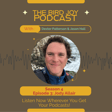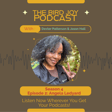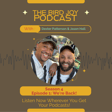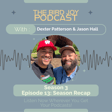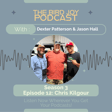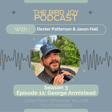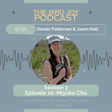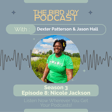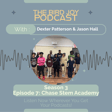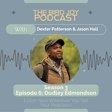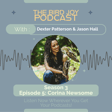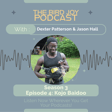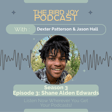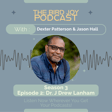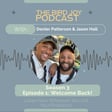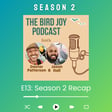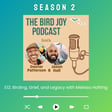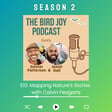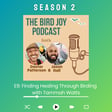
Finding Joy Outdoors with Alex Troutman
In this uplifting episode, Dexter and Jason are joined by Alex Troutman, known as the “Best Smile in Birding,” to explore the many ways to find joy in the great outdoors. Whether it’s birding, fishing, hunting, or camping, Alex inspires us to live life with a wildlife mirror, reflecting the beauty of the natural world.
Alex shares his incredible research journey highlights, including studying Karner Blue Butterflies in Wisconsin, sea turtles in Texas, and bats in Malaysia.
The conversation includes Bird Joy Podcast shoutouts to Hunters of Color, Black Duck Revival, and the homie Mahdi Woodard, the Atlanta Birdman.
Don’t miss Alex’s thoughts on his upcoming merch and the hosts’ shared dream of birding in South America to spot the iconic Harpy Eagle. Want to help them get there? Holler at your bird-loving crew!
Connect with Us:
Follow Alex Troutman: @N8ture_Al
Dexter: @WiscoBirder
Jason: @TheBirdingBeardsman
🌐 More episodes & resources: Bird Joy Podcast
🎙️ Are you ready for some Bird Joy? Let’s Go!
